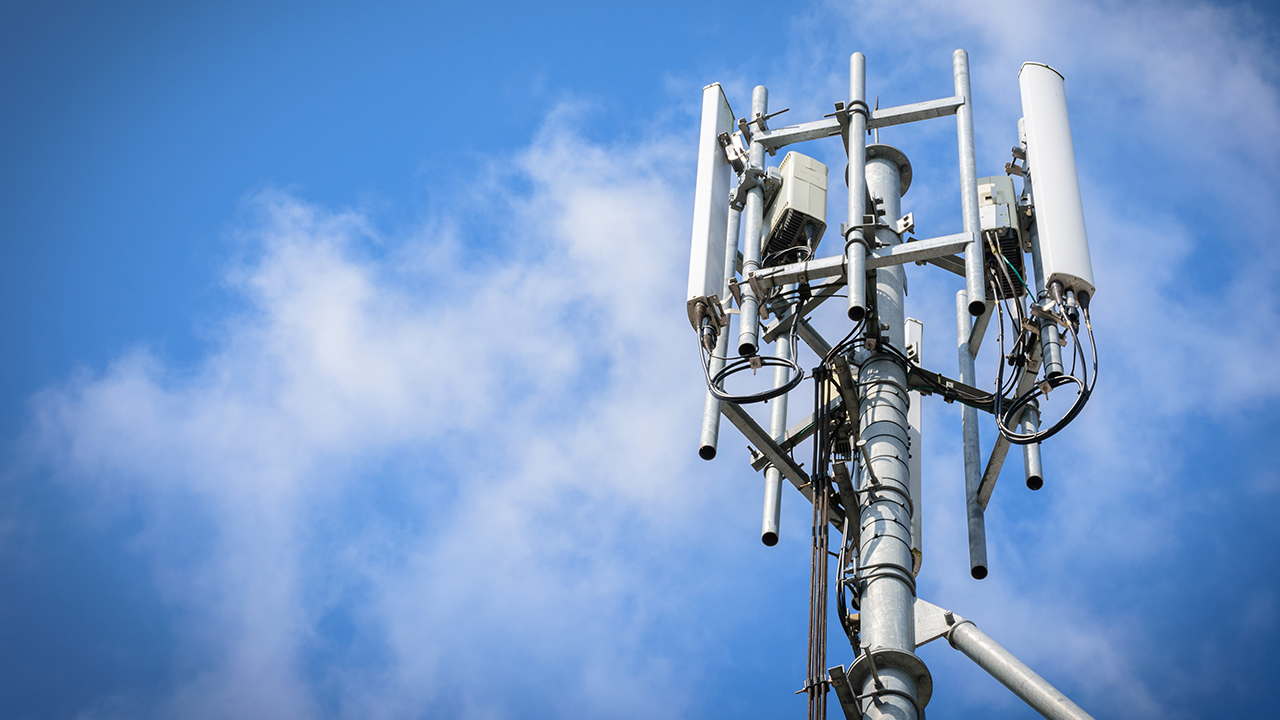Everyone loves a great conflict. Conflict creates drama, and more often than not drama makes for a great story. That’s essentially what we’re seeing with the Apple and FBI drama that’s been unfolding the past pew weeks. For those not in the know, the FBI is in possession of an iPhone that belonged to one of the San Bernardino shooters. They have the belief that there is some crucial info on that iPhone, and by unlocking this device they could find points of contacts and locations that the shooters may have visited prior to the tragedy. A mistake by the FBI would cause them to seek out the help of Apple, whether they’re willing to or not.
In the first hearing in the Apple V FBI court case, FBI Director James Comey acknowledged that there was an error made by the agency that caused the phone to be locked. The FBI essentially tried to reset the password for Syed Farook’s iPhone a mere 24 hours after the attacks in an effort to secure data that may have been stored on it. In the process, they ended up locking themselves out of the phone and conversely, making it more difficult for them to access the device. After exhausting majority of their resources, the FBI then turned to Apple to try to get them to simply unlock the phone for them, which Apple would end up refusing. The FBI felt that with all the power Apple had, it was their duty, NO….. their moral obligation to unlock the phone for them. What the FBI wants from Apple, is a backdoor of sorts, into iOS that would disable the built-in passcode timeout and allow them access into the iPhone. Apple refused again, citing the potential Pandora’s box and security compromises this would cause, as reason enough to just let the phone stay locked.
Meanwhile……..
The eyes of the world are focused on this case, and tech companies and government officials are starting to take sides. On one side, people are siding with Apple, proud of the fact that in a world where corporate greed and corruption is rampant, Apple has championed a cause that affects everyone. Then there’s those who side with the FBI who feel that by refusing to create this backdoor, Apple is almost indirectly supporting terrorism. Sound familiar? It’s because this conflict is essentially mirroring the conflict at the forefront of Marvel’s Civil War story arc, with the FBI playing Tony Stark, and Apple filling in as Captain America.
In that story, two of the most famous superheroes battled over the superhero registration act. Tony Stark championed it, believing that if all superheroes registered and revealed their identities, it would lead to a better, safer world. Captain America opposed the act, under the belief that by revealing their true identities, heroes and their families would be more susceptible to assault. While neither side was explicitly wrong in this case, I did find myself leaning more towards the logic of Cap and the anti registration heroes.
Which is ironic because some 10 years after the release of the comic, I still find myself siding more with Captain America. As it draws parallels to the Civil War conflict, I also find myself siding with Apple in the sense that I wouldn’t want an encryption backdoor available on my electronics. While wanting to break into a bad guy’s phone to find some potentially helpful info could be really important to the investigation, the method by which the FBI want to obtain that info is far more potentially dangerous. It’d essentially be like leaving your phone’s unlock pin/pattern as a note on the back of your device. While the government themselves may not necessarily be interested in this info (or are they?) imagine how creepy it’d be for some random person to be able to unlock your phone, with or without your permission, and be able to ramble through your personal info without much hassle at all? That’s the dangerous part here, that’s why Apple doesn’t want to create a master-key inside future builds of iOS, and this is exactly why Captain America didn’t want to have to register his secret identity. The risk of such a program is FAR MORE dangerous, than simply taking the loss and leaving the phone be.
What are your thoughts on the matter? Do you agree with the FBI or with Apple? Are you Team Cap or Team Iron Man? Let us know in the comments!






